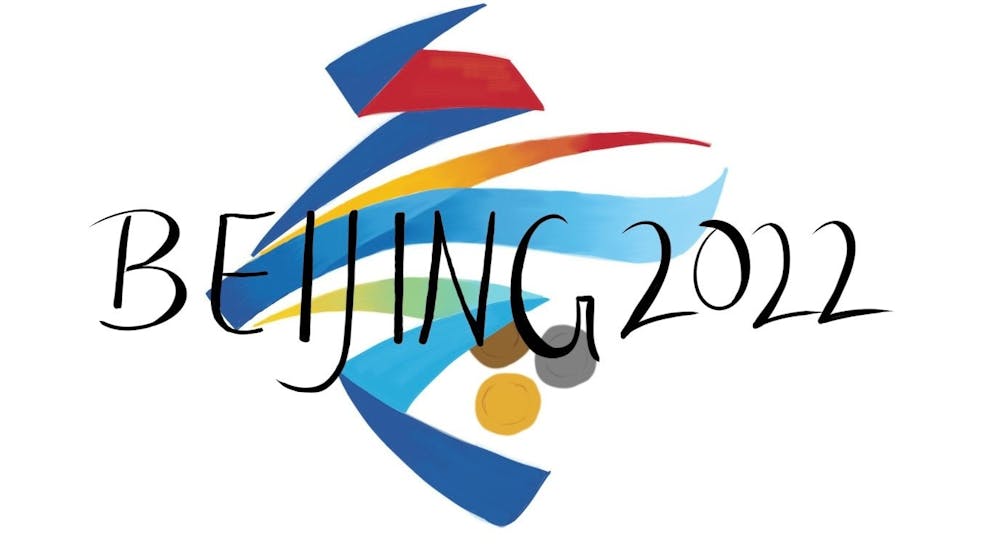By Julia Duggan
Staff Writer
While the athletes for the United States competed well, there has been plenty of controversy surrounding the games. The one that most directly affects the United States is the delay to award the silver medals won in the team ice skating competition.
The United States and the Russian Olympic Committee were battling for the gold in the team event. It all came down to the women’s figure skating program, where Kamila Valieva landed two quads to earn Russia the gold medal. Valieva became the first woman to successfully land a quad at the Olympic games. Before the medals were awarded however, the ceremony was delayed due to a positive drug test.
It took about a day for reports to start emerging that Valieva had tested positive for a banned drug. According to The New York Times, the 15-year-old was found to have trimetazidine in her system — a banned heart medication and was found in the test she gave in December.
It took until after the team competition concluded for the results to have been analyzed and reported. The drug has been found to improve endurance and is currently not approved for use in the United States. The medals for the team event will not be awarded until the investigation is concluded.
This has raised several questions for Russia, since it is currently serving a multiyear ban for the doping scandal in 2014. What alarmed the skating community the most is that Valieva was also set to compete for the women’s individual free skate.
The Olympic committee ruled that Valieva could compete in the competition, but the medal ceremony would be suspended just like the team figure skating event if she placed. This caused outrage across the world. CNN reported that Sha’Carri Richardson, a U.S. track and field athlete that was banned from competing immediately after testing positive for cannabis, had a suggestion for the outcome.
She posted in a tweet that the only difference between herself and Valieva is the color of their skin, suggesting that race may be a factor when deciding the fate of athletes that have tested positive for banned substances.
The women’s free skate competition occurred on February 17, and Valieva competed as most of the world hoped she would fail. She placed fourth in the competition, with two of her Russian teammates taking gold and silver, and Japan earning the bronze medal.
Valieva is not the only one who has tested positive for banned substances this Winter Olympics. On February 16, it was reported that a Ukraine cross country skier Valentyna Kaminska tested positive for one steroid and two stimulant drugs. Kaminska had already competed in all of her events before the positive tests were reported, so she has been suspended and an investigation will follow. She has not earned any medals for Ukraine in her events, so the medal standings will not be affected upon the outcome of the investigation.
Just one day later, another athlete tested positive for a steroid. Ukrainian bobsledder Lidiia Hunko tested positive for an anabolic steroid. She placed 20th in the competition, so the medal recipients will not be affected by the investigation.
Earlier in the competition, an Iranian athlete tested positive for a banned substance. It was announced on February 9 that Hossein Saveh-Shemshaki tested positive for an anabolic androgenic steroid. He was suspended from the games before he could compete in the slalom and the giant slalom. As is the case with all the athletes that test positive for banned substances, they are allowed to request for additional testing and appeal the decisions made by the International Olympic Committee.
Another big concern in the games is the amount of questionable calls that occured in the first week. Just in the second day of competitions, there was a controversy in speedskating. Both the Russian Olympic Committee and the United Stated made it to the finals. Then, the ROC was disqualified for obstruction and the United States was disqualified for blocking, allowing China to move ahead in the competition and win the gold.
A similar thing happened in another speedskating race when two of South Korea’s athletes were disqualified and China’s athlete that originally did not qualify was in the running for another medal. South Korea even submitted an official complaint, but it was rejected. China won the gold after coming in second due to another controversial penalty.
Right before the games started, it was reported by several news organizations that there was controversy with the technical controller judge for skating. Huang Feng was banned for one year after it was found that he had a systematic bias in his judging at the 2018 winter games. His job is to supervise the technical specialists for figure skating and those judges decide the difficulty of staking moves and how they are scored. While Feng has not been involved with the pairs figure skating where he was banned for having a bias, there was some uneasiness with him being in his current position.
For snowboarding, competitors have been prevented from competing due to their wardrobe. According to the judges, the clothing was too baggy, which could result in the athletes catching more air during the jumps, giving an unfair advantage.
Another controversy in snowboarding is in the men’s slopestyle events. Canada won the gold and the next day, the head judge declared that he missed an error the gold medalist made which would have resulted in a lower score, suggesting it would have resulted in a different podium order.
All the controversies happening at the Olympics worked against the message of unity and peace that the games are meant to convey.







